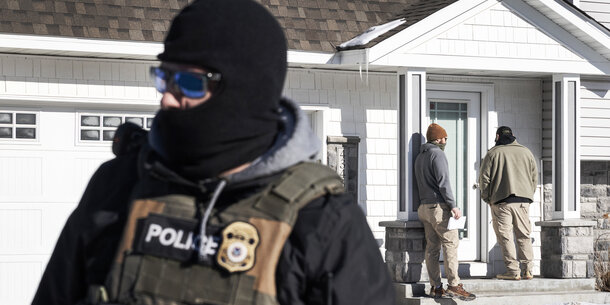Section 702 of the Foreign Intelligence Surveillance Act, which is scheduled to expire on April 19 unless renewed, is a warrantless surveillance authority that is supposed to be targeted at non-Americans located abroad. But this collection inevitably captures Americans’ communications, too. Intelligence agencies have turned Section 702 into a domestic spying tool, using it to perform hundreds of thousands of warrantless “backdoor” searches for Americans’ private phone calls, e-mails, and text messages every year. These searches have included shocking abuses, including baseless searches for the communications of 141 Black Lives Matter protesters, members of Congress, 19,000 donors to a congressional campaign, a local political party, and journalists. Lawmakers from both parties have thus vowed not to reauthorize the law without significant reforms.
Senators Dick Durbin (D-IL) and Mike Lee (R-UT) have introduced a reform bill, the “Security And Freedom Enhancement Act of 2024” (SAFE Act), which represents a compromise between the reform bills previously introduced and the “status quo” bills favored by congressional intelligence committees. The SAFE Act would protect Americans’ civil liberties while leaving intact the government’s ability to monitor foreign threats under Section 702. The resource below answers commonly asked questions about this bill.
SAFE Act Q and A by The Brennan Center for Justice on Scribd

